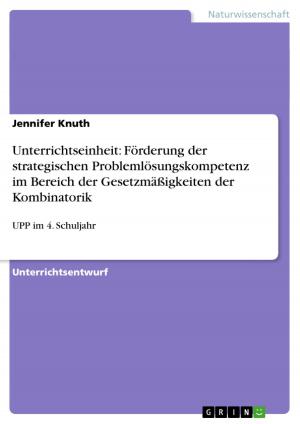| Author: | Mohammad Tarique | ISBN: | 9783656092162 |
| Publisher: | GRIN Verlag | Publication: | December 30, 2011 |
| Imprint: | GRIN Verlag | Language: | English |
| Author: | Mohammad Tarique |
| ISBN: | 9783656092162 |
| Publisher: | GRIN Verlag |
| Publication: | December 30, 2011 |
| Imprint: | GRIN Verlag |
| Language: | English |
Research Paper (undergraduate) from the year 2011 in the subject Economics - Other, Aligarh Muslim University, course: Economics, language: English, abstract: Human development, which is about expanding people's choices, builds on shared natural resources. Promoting human development requires addressing sustainability- locally, nationally and globally- and this can and should be done in ways that are equitable and empowering. On the need for financing the human development, we observe that even the best macroeconomic policies may fail unless they are complemented by effective policies -policies that link the macro and the micro level and that bear directly on people live. Chief among these are the level and structure of government social expenditures and the design of the policy measures and programmes they support. The present paper tries to make a study on the financing of human development in India. The entire paper is divided into four parts. The first part is introductory which gives a brief account of the basic concept of human development and the various measures through which financing of human development could be observed. The second part of the paper talks about the trends in HDI in India vis-à-vis some of developed and developing countries. The third segment discusses about the trends in India's social sector expenditure as it affects the major dimensions of inclusive development like poverty alleviation, employment generation, health, education, and social welfare. The last section of the paper is given to concluding observations.
Research Paper (undergraduate) from the year 2011 in the subject Economics - Other, Aligarh Muslim University, course: Economics, language: English, abstract: Human development, which is about expanding people's choices, builds on shared natural resources. Promoting human development requires addressing sustainability- locally, nationally and globally- and this can and should be done in ways that are equitable and empowering. On the need for financing the human development, we observe that even the best macroeconomic policies may fail unless they are complemented by effective policies -policies that link the macro and the micro level and that bear directly on people live. Chief among these are the level and structure of government social expenditures and the design of the policy measures and programmes they support. The present paper tries to make a study on the financing of human development in India. The entire paper is divided into four parts. The first part is introductory which gives a brief account of the basic concept of human development and the various measures through which financing of human development could be observed. The second part of the paper talks about the trends in HDI in India vis-à-vis some of developed and developing countries. The third segment discusses about the trends in India's social sector expenditure as it affects the major dimensions of inclusive development like poverty alleviation, employment generation, health, education, and social welfare. The last section of the paper is given to concluding observations.















